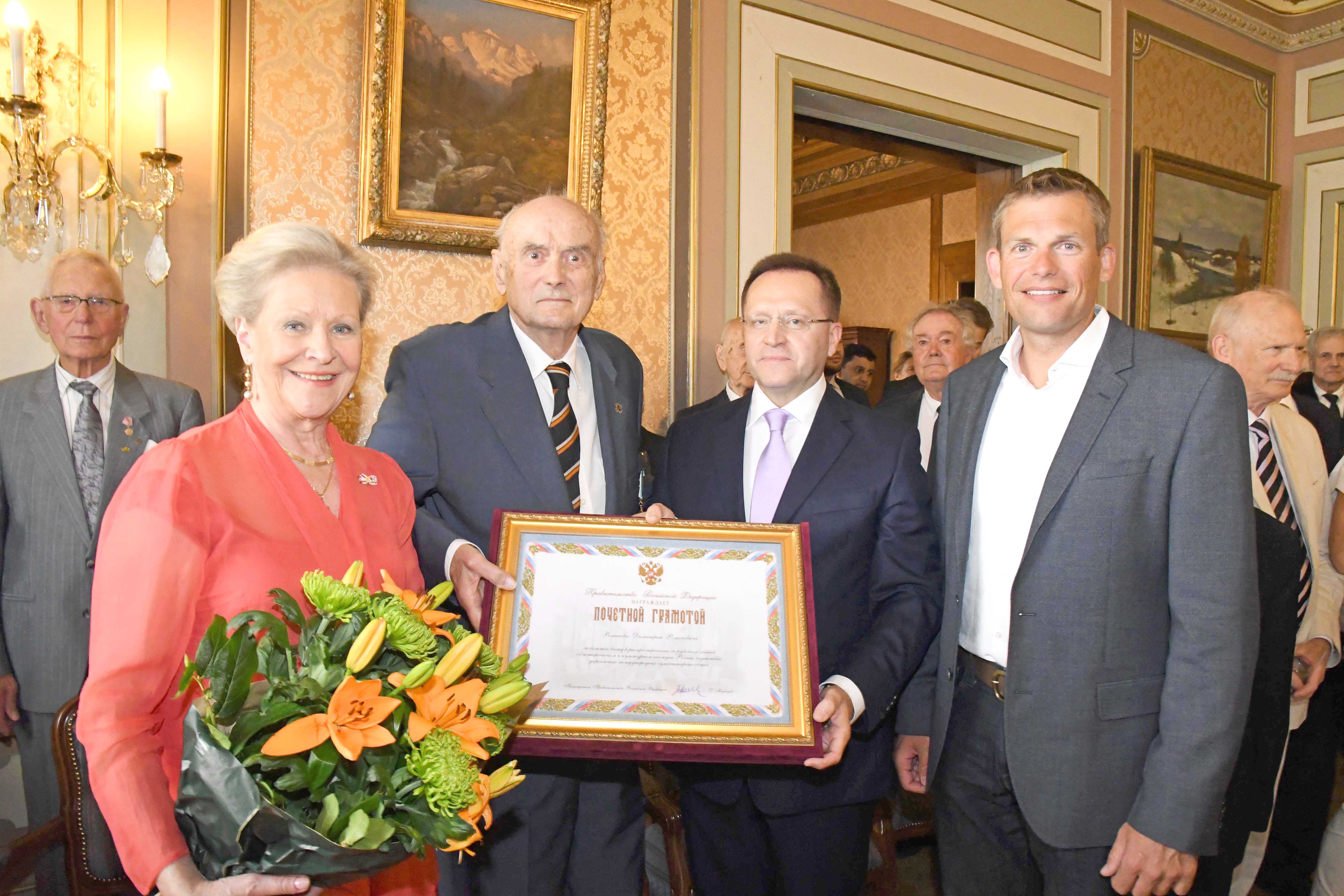Prince Dmitri Romanov, the oldest living relative of Nicholas II, the last Russian tsar, died aged 90 on New Year’s Eve after struggling with failing health.
Following his passing, Russian PM Dmitri Medvedev was quick to offer his official condolences on behalf of the Russian government.
“He was one of our most outstanding compatriots and, as the oldest in his family, he was by right the head of the Romanov Family Association,” Medvedev said.
“During our meetings in person I realised again and again that he never distanced himself from Russia and always helped his motherland with real deeds. The prince helped Russian hospitals and orphanages, was engaged in searching for and returning cultural values to Russia, and helped to preserve historical knowledge – first of all the heritage of the Russian emperor’s family.”
READ MORE: How Dagmar the Dane became history’s tragic empress
Destiny in Denmark
Romanov, a resident of Denmark since 1959, was instrumental in strengthening the bond between Denmark and Russia in recent years. In the 1990s he and his brother were behind the initiative to rebury Princess Dagmar next to her husband, Tsar Alexander III, in St Petersburg in 2006.
Earlier this year, Prince Romanov was awarded an honorary diploma of the Russian government by the Russian ambassador to Denmark, Mikhail Vanin.
Romanov was born in 1926 in France, the country his parents fled to following the Bolshevik-led October Revolution. His father, Roman Petrovich Romanov, was Tsar Nicholas II’s second cousin and godson.
Romanov worked for 32 years for Handelsbanken (which later became Danske Bank) in the bank’s international division. He lived in Rungsted, just north of Copenhagen, for the majority of his life.















